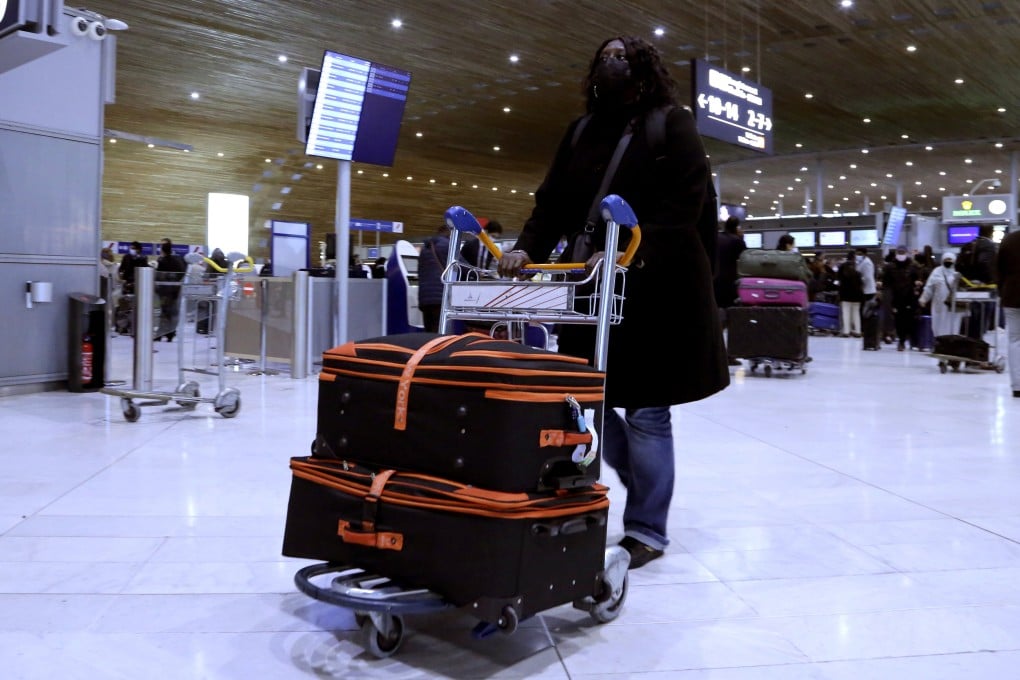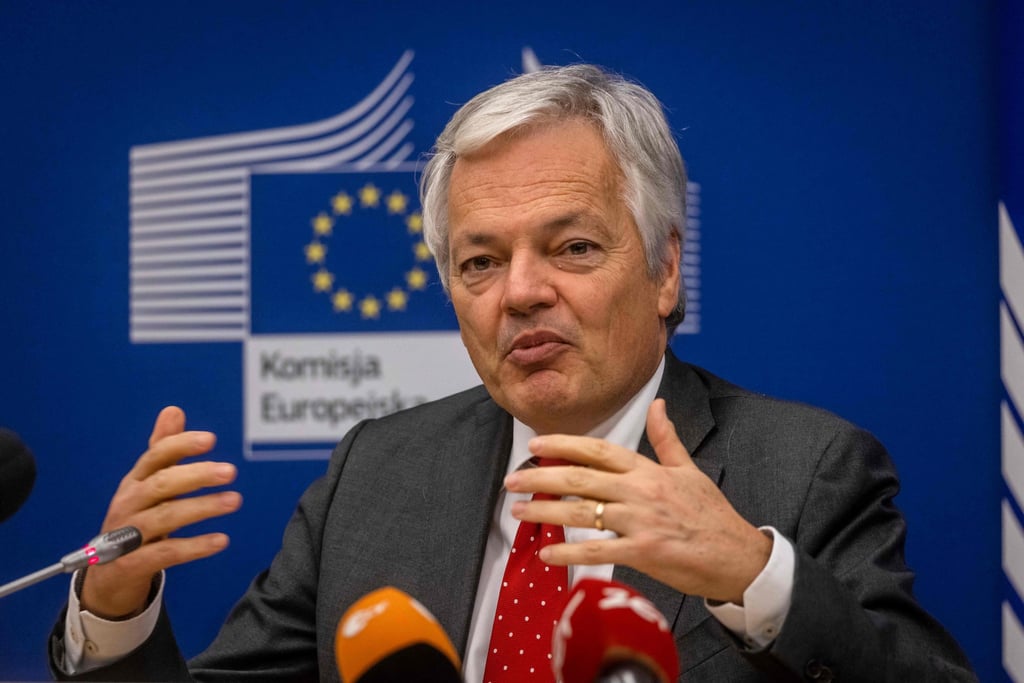Coronavirus: EU proposes 9-month limit on vaccine validity for travel
- The European Commission is proposing that member states should continue welcoming all travellers inoculated with shots approved by the bloc
- The proposed updates introduce the new time limit for the validity of Covid-19 inoculations, making clear that boosters will be needed beyond the nine-month period

The European Union is recommending a nine-month time limit for the validity of Covid-19 vaccinations for travel into and within the bloc and also is proposing to prioritise vaccinated travellers.
The European Commission is proposing that member states should continue welcoming all travellers inoculated with shots approved by the bloc, according to a document seen by Bloomberg. It also called for countries to reopen as of January 10 to all those who have used vaccines approved by the World Health Organization.
EU Justice Commissioner Didier Reynders announced on Thursday a new internal EU travel framework based more on individuals’ vaccination or recovery status than on caseloads in the countries they are coming from. A separate announcement on the external travel rules is scheduled for later Thursday.

The proposed updates introduce the new time limit for the validity of Covid-19 inoculations, making clear that boosters will be needed beyond the nine-month period. But the EU said it was not ready to propose a validity period for certificates issued based on booster shots.
The commission is also proposing to extend its rules on the EU digital certificate beyond next summer, Reynders said.
EU governments are pushing for the bloc to smooth out differences in rules to help safeguard the ability to travel after governments have employed contrasting approaches to how long vaccinations should last and how to manage booster shots. The commission offers recommendations that could be implemented by member nations.
Shares of European airlines gained, offsetting November’s 8.2 per cent decline in the Bloomberg EMEA Airlines Index through Wednesday. Ryanair Holdings Plc, Europe’s biggest low-cost carrier, was up 1.1 per cent, while British rival EasyJet Plc, Franco-Dutch flag carrier Air France-KLM and Deutsche Lufthansa AG also traded higher.